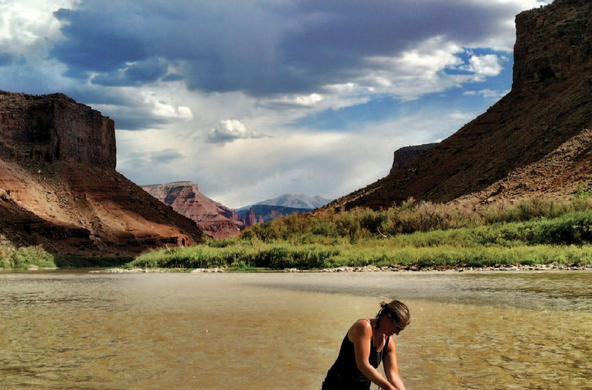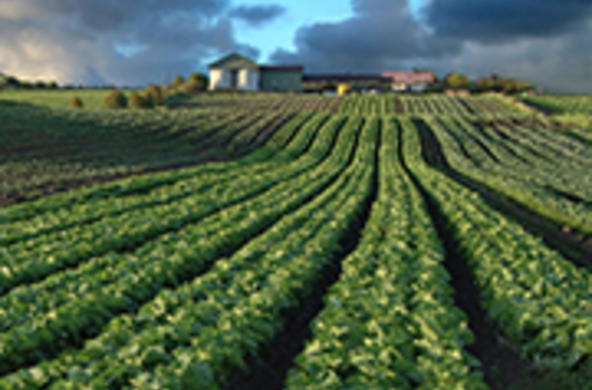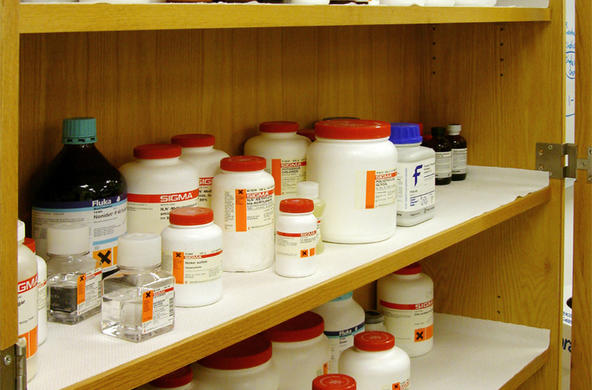- Profile
- Videos & Podcasts
- Past Projects
- Publications
Emma Rosi is advancing our understanding of how land use, urbanization, and climate change shape freshwater ecosystems, with projects exploring environmental contaminants such as pharmaceutical and personal care products, aging wastewater infrastructure, environmental implications of agricultural GMOs, and the effects of dams.
Rosi directs the Baltimore Ecosystem Study (BES), a National Science Foundation Long Term Ecological Research site. As part of BES, Rosi is exploring the role that failing wastewater infrastructure plays in polluting streams and creating antibiotic-resistant ‘superbugs’. She is also revealing how prescription and illicit drugs that enter our waterways impact freshwater quality and aquatic life.
In addition to her work on human-driven threats to freshwaters, Rosi co-leads a long-term project, in collaboration with Yale University, investigating how wildebeest and hippos shape the food web in the Kenyan reach of Africa’s Mara River.
-

Nutrient Cycling in Large River Ecosystems
-
Modification of Rivers for Hydropower Generation
-

Crop Selection Consequences for Stream Ecosystem Function
-

Baltimore Ecosystem Study
A ground-breaking urban ecology project, the Baltimore Ecosystem Study investigates the ecological, cultural, and economic forces that shape the environmental quality of urbanized areas.

